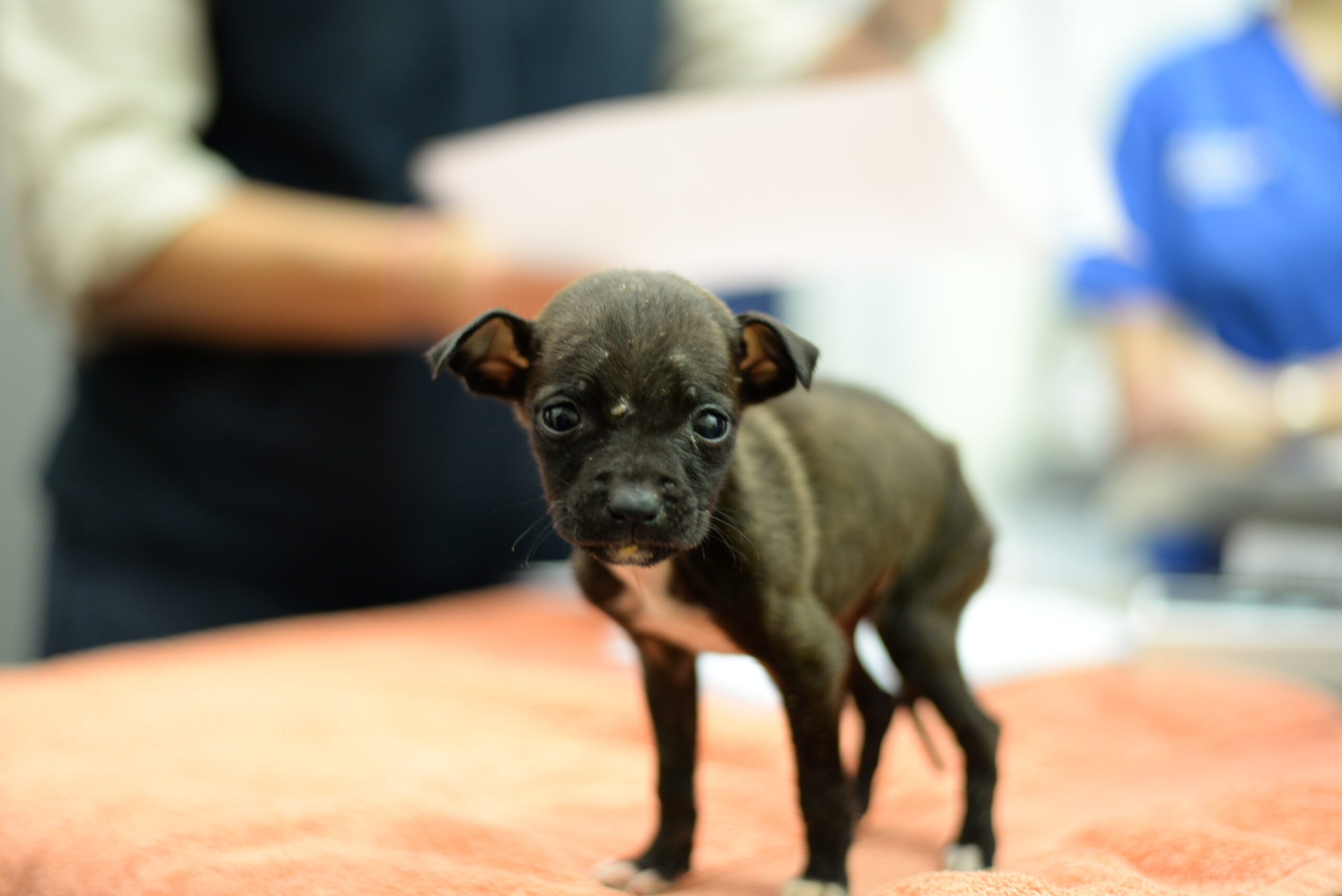The first major review of South Australia's Animal Welfare Act since its creation nearly 40 years ago is underway, and the RSPCA wants all animal lovers to have a say.
The consultation period began on Friday 27 January and anyone wishing to make a submission must do so by this Sunday 26 March. RSPCA South Australia CEO Marcus Gehrig has urged people to use this rare opportunity to improve the legal protection of animals in SA.
"Our state's animal welfare laws are failing far too many animals…we urgently need the legal safety net tightened so that they don't continue to fall through," Mr Gehrig said.
"Many in our community would be shocked to learn about some ways people treat animals that are not illegal under our current Animal Welfare Act, even though animals suffer as a result of that treatment.
"The only way to ensure all animals are treated humanely is to have watertight animal protection laws combined with an adequately funded inspectorate to enforce them."
Changes RSPCA SA is seeking in its submission to the review include:
- Making an act or omission that is likely to cause an animal harm, an offence - as is the case in Victoria and WA. (Currently, RSPCA SA inspectors must wait for an animal to suffer harm before they can prosecute.)
- Mandatory reporting of number/species/purposes/outcomes of animals used in research in SA, and prohibit the use of both the Forced Swim Test (FST) and the Forced Inhalation Test (FIT). SA is one of the few Australian states with no mandatory reporting of animals used in research.
- Set temperatures above which animals cannot be used in entertainment (eg: rodeos), raced or transported – Every year RSPCA receives complaints from the community about animals being raced, transported or featured in entertainment on days of extreme heat.







